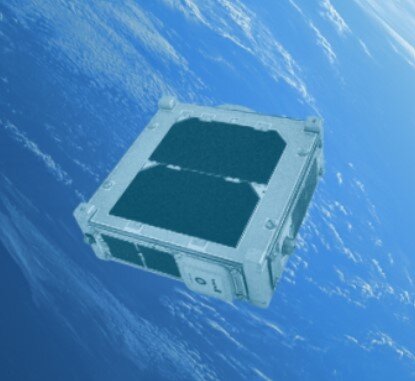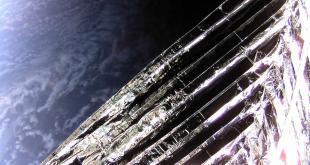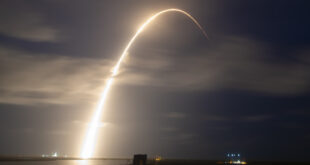
Ibadan, 12 May 2023. – Aviosonic Space Tech and HPS have partnered to integrate the former’s patented Debris Collision Alert (DeCAS) system for in-orbit/deorbit tracking and re-entry footprint prediction of space vehicles with the Drag Augmentation Deorbiting System (ADEO) for space sustainability.
DeCAS is a 1U mm system that always maintains a constant link with the ground operation center, allowing precise information on the satellite position, along with the calculation of the re-entry footprint in real-time, with the aim of collision avoidance between satellites, satellites, and aircraft as well as to alert Government agencies. The technical characteristics and modularity allow DeCAS to be installable on any space vehicle, offering different services depending on the mission requirements. DeCAS also provides a unique service for satellite tracking, decommissioning, and re-entry prediction in real time.
At testified TRL-9 and with solid flight heritage, the ADEO sail system is already taking important steps in quickly deorbiting almost all satellites. The aim is to prevent spacecraft from becoming or producing new space debris after its mission. Because it is a sail, the system does not produce any pollution itself, chemical or otherwise. Furthermore, the next iteration of the ADEO system will be transparent and non-reflective to avoid causing any irritations to any space observer on Earth.
Professor Piermarco Martegani, CEO of Aviosonic Space Tech, commented: “The integration between DeCAS and ADEO allows the creation of a unique product on the market capable of strongly implementing the safety of space operations both during orbital and decommissioning re-entry phases, even in the event of failure of the hosting satellite.”





